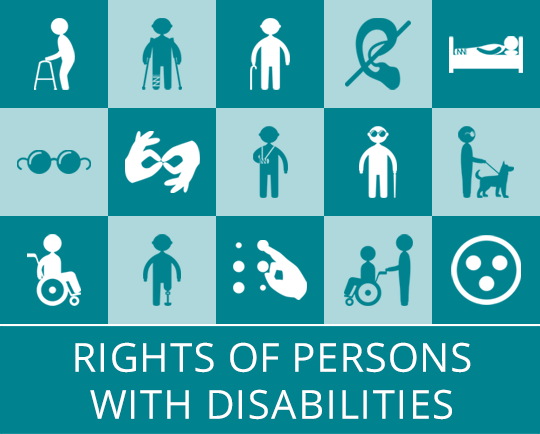UN Committee on the Rights of Persons with Disabilities examines the UK's record
Follow-up inquiry is focusing on the ongoing impacts of UK welfare reforms on people's enjoyment of their rights to work, to an adequate standard of living and to live independently
In 2014, and for the first time in its existence, the Committee on the Rights of Persons with Disabilities used its inquiry powers to assess the impact of the changes to social security, introduced by successive Conservative and Conservative/Liberal Democrat Governments under the banner of ‘welfare reform’, on disabled people in the UK. The Committee’s findings were devastating, concluding that:
“there is reliable evidence that the threshold of grave or systematic violations of the rights of persons with disabilities has been crossed.”
Far from letting the matter drop, the Committee has continued to require updates from the UK Government on how it is seeking to address the issue, and recently issued a new call for evidence from civil society including disabled people’s organisations.
In response, PPR submitted to the UN Committee findings from the Right to Work: Right to Welfare group’s research into the harmful impact of welfare reforms – and in particular of the privatised assessment regime under Capita, which used to be responsible for Personal Independence Payment claims but now, thanks to a recent De partment for Communities decision, will manage Employment and Support Allowance, Child Disability Living Allowance and Universal Credit assessments going forward as well. PPR and R2W continue to critique this unaccountable decision-making and its impact on the people the welfare system is meant to be there to support.
PPR’s submission additionally drew attention to the recent ‘Hunger in Northern Ireland 2023’ report, demonstrating that nearly two thirds of people referred to food banks in the Trussell Trust network are disabled. Trussell Trust’s research links this disproportionately high level of food insecurity to barriers people living with disabilities face finding employment and to the insufficiency of benefit payments to meet people’s basic needs.
Similarly, Joseph Rowntree Foundation’s Poverty in NI 2022 report noted that disabled people in Northern Ireland have faced a higher poverty risk for at least the last 20 years, rooted in barriers to accessing work and benefit payments that leave people below the poverty line. Finally, Disability Action research from 2022 indicated that 8 out of 10 disabled people “do not have enough money for a decent life”.